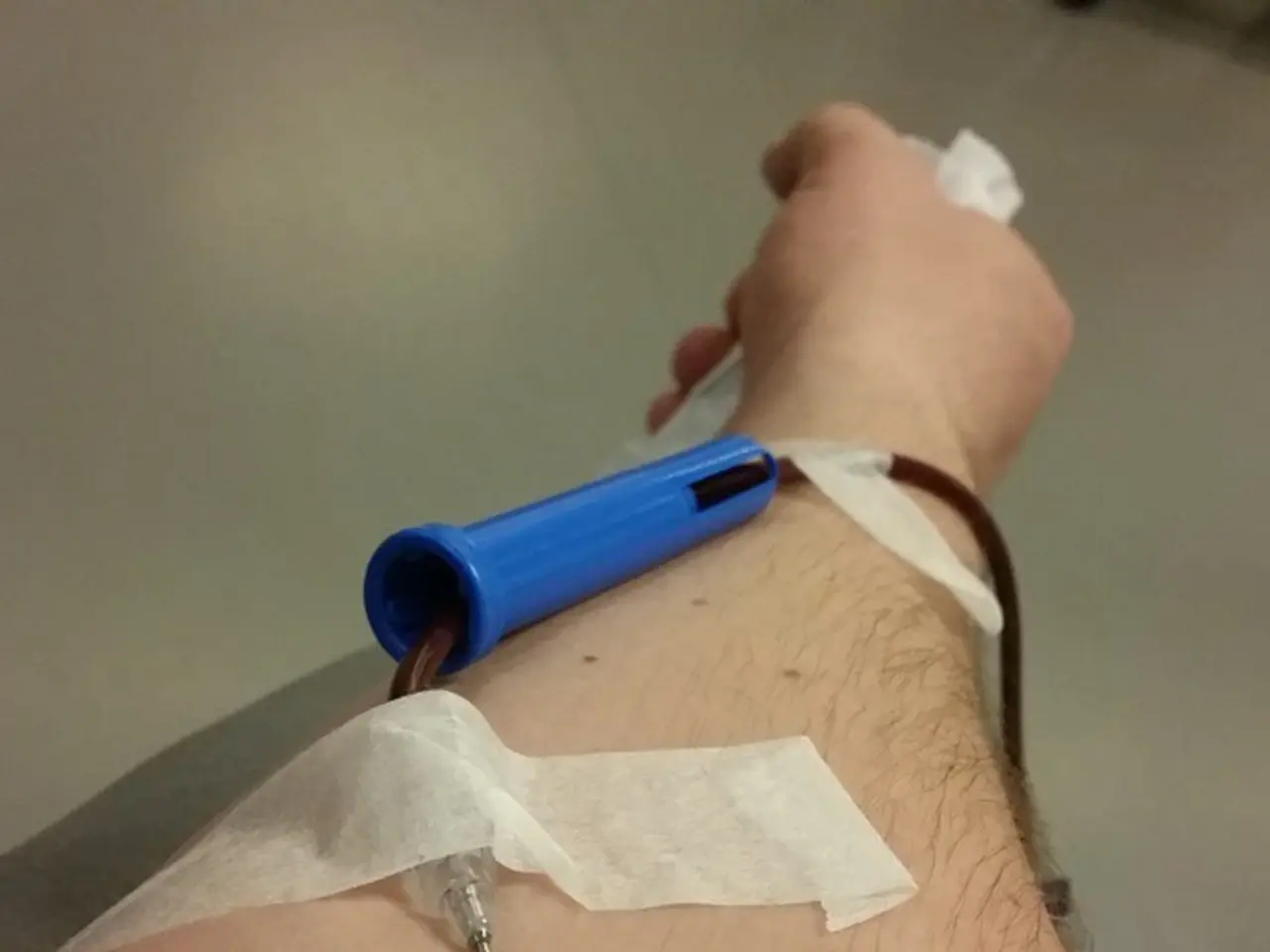Endoscopy: A Vital Tool for Digestive Health
Endoscopy, a minimally invasive procedure, is a vital tool for diagnosing and treating various conditions affecting the digestive system. It allows surgeons to examine and operate on internal organs without making large incisions.
Before an endoscopy, patients are advised to fast for up to 12 hours and may require laxatives or enemas to clean their system. During the procedure, a surgeon inserts an endoscope, a flexible tube with a camera, through a small cut or an opening in the body, typically the mouth. This allows for a clear view of internal organs, enabling the doctor to identify issues such as inflammatory bowel diseases, stomach ulcers, or tumors.
Endoscopy is often used to investigate symptoms like blood in stool, rectal bleeding, or unexplained weight loss. It can also aid in colorectal cancer screening, typically from age 50 or earlier with a family history. Doctors can use forceps and scissors attached to the endoscope to remove tissue for biopsy or perform minor operations. While endoscopy has a lower risk of bleeding and infection compared to open surgery, patients should still inform their doctor about any medications or allergies they have.
Endoscopy is a versatile procedure that helps diagnose and treat a wide range of conditions. Its minimally invasive nature makes it a preferred choice for many procedures, offering patients a safer and quicker recovery.






